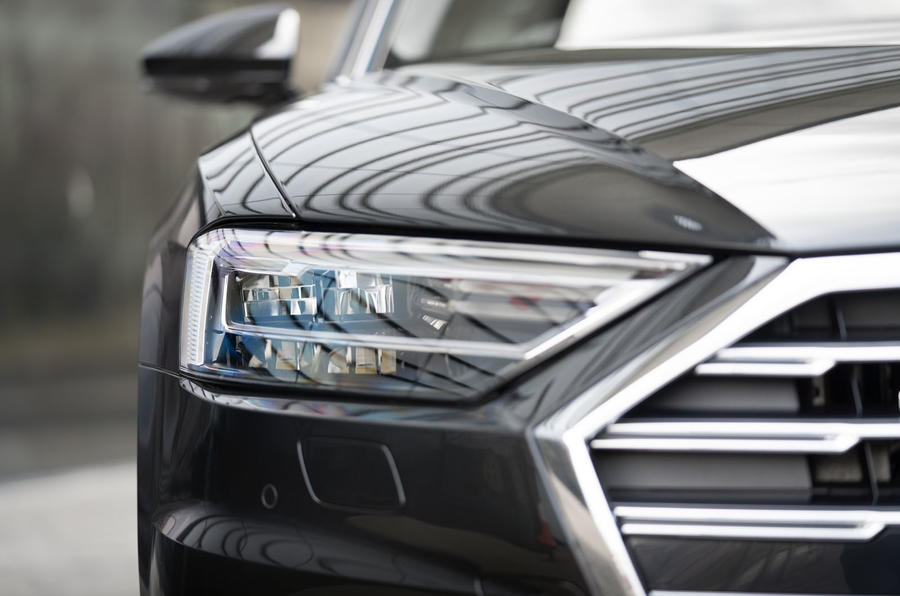
What you see isn’t always what you get and two suppliers are making just that point with battery and oil labeling.
Ken Clark of Rozone and Adrian Hill of Morris Lubricants have both been out in the market testing batteries and oils and say too many products don’t stack up.
Factors, garages and retailers could all be in line for headaches if they supply or use batteries and oils which don’t perform as they should, they say.
Warranties are being rejected and the potential for significant damages to delicate engines from using substandard oils could result in bills of £1200 and up.
Morris’ Hill said: “The biggest issue of recent years with low emission engine hardware is that the lubricants have become more of a critical fit. DPFs, and other after treatments, are very sensitive to the oil going in.
“An incorrect lube can cause physical damage to parts, which concerns us.
“We’re finding more and more now where what’s on the label and what’s in the can are sometimes two very different things.
“We’ve done a bit of a round robin, gone to shops on the high street and car service centres, and had them independently tested in a German laboratory.
“It wasn’t everybody, but there are one or two out there putting product out that isn’t what it says it is.
“It does irritate us quite intensely, because we put a lot of research, development and care into what we do. It costs a lot of money to do this properly.
“It’s a bit like the Chinese company making a copy version of the BMW 3 Series, saying its exactly the same as the original but cheaper. A lot of these products are just too good to be true.â€
Without the ability to test lubricants yourself you have to go by what’s on the label, something Rozone’s Ken Clark says companies are also doing with batteries: “Users generally go by labels. In reality some of these batteries never get anywhere near the specification. Either they are mislabeled or they’ve not been produced in the right way.
“We measured batteries through the course of their lifetime, looking at what happens to the battery internally, how the voltage differs and how long the battery might last.
“In CV it’s a big problem because you’re looking at bigger batteries that are used a lot more than in an automotive application.
“If the label says it can meet a specification, the battery needs to at least meet that – a reputable battery will quite often exceed that mark. Some of the less credible brands’ products might be nowhere near what the label says.
“By the time garages realise, they could have already invalidated the warranty so the supplier won’t honour it. The industry is losing a hell of a lot of money in battery costs.â€
While there’s not the same potential damage to parts as with substandard fluids, Clark says one fast fit company he works with has had warranty rejections costing £160,000 per year, while one vehicle manufactuer is losing £400,00 a year.
Also unlike lubricants, however, it’s easy to test the performance of a battery with a simple twin output diagnostic and charger set up which can cost from as little as around £2000, says Clark.
“In a commercial setup there is very little time and cost involved. A full service test takes 90 seconds, so if you check the batteries every time a vehicle comes in you can help to make the unit last at least another year.
“Some might say a battery is maintenance free battery, but most of us know that if you don’t look after a battery it fails prematurely.â€
People say the charging of batteries is dangerous and it takes too long, but with modern systems it’s so simple to look after. The analogy that we use is that a workshop wouldn’t let a flat tyre leave the garage, but they will happily let a flat battery go.â€
Clark says half of all vehicles coming into a CV workshop need battery attention but, on average, it takes an average recondition and charge of an hour to put it right. Left untreated it will damage the unit and lead to those failed warranty claims.
All good for batteries, then, but what about lubricants? How can the market be sure of the quality of oil it’s using? Hill says the UK Lubricants Association is on the case with a testing and approval process, a kind of E-mark for oil.
“We our pioneering one as we speak. We are looking at what we can do in order to get our own version because we are not policed as well by trading standards as we are like other markets like pharmaceuticals.
“We’re trying to find a mark of quality which would make the competition fair. We want a structured framework, put that together and then get Trading Standards involved to give it some legal teeth so people can’t flaunt it.â€











Go to comments